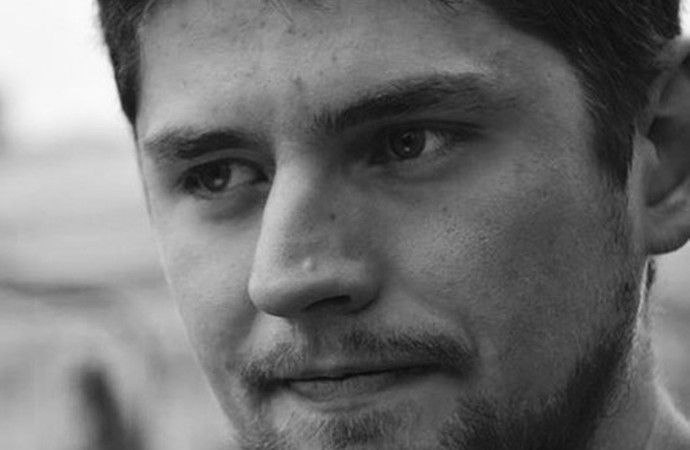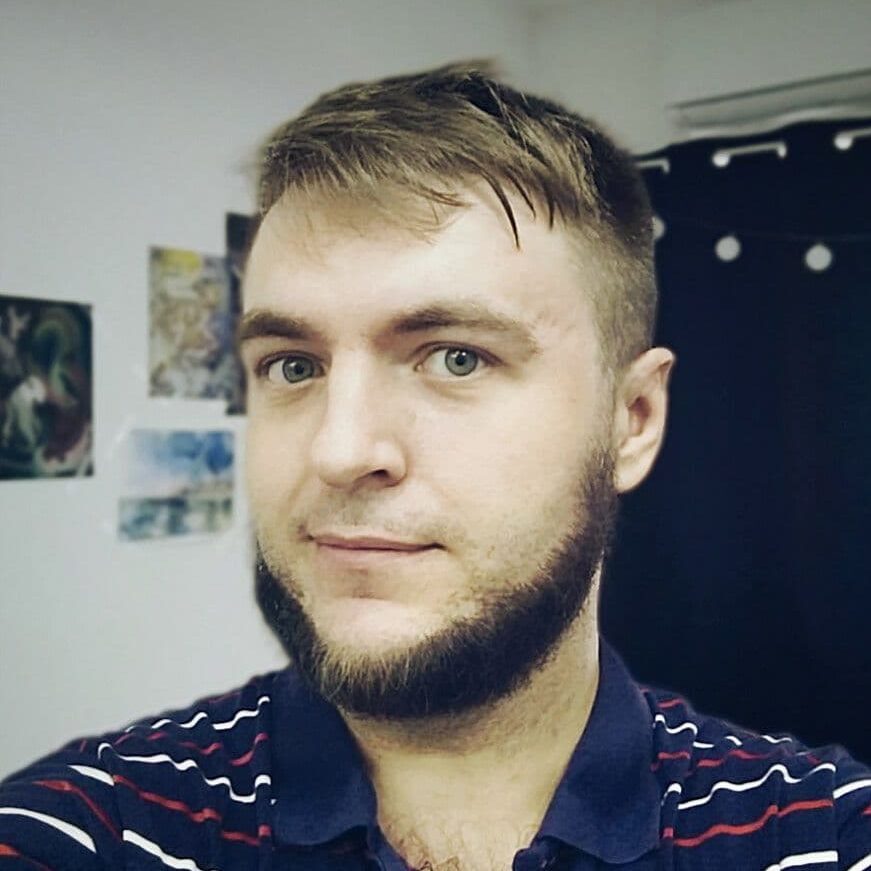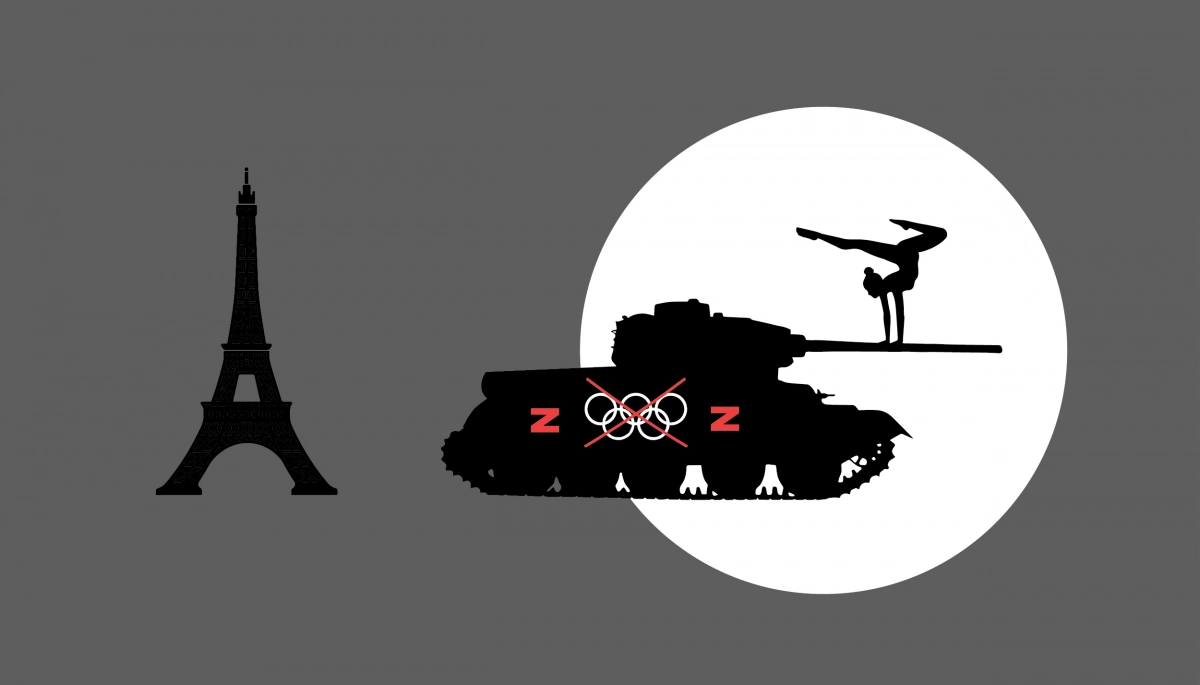

Українською читайте тут.
On the eve of the opening ceremony of the Games, Paris refused to admit to the Olympic Games not only Russian and Belarusian athletes (except those who agreed to compete under a neutral status) but also almost 100 journalists and technical staff from Russia and Belarus. This decision caused outrage from Putin's press secretary, Dmitry Peskov, who declared it an "undermining of media freedom" by the French side. Back in March 2024, the International Olympic Committee (IOC) decided to bar athletes from Russia and Belarus (those who qualified and arrived at the Games) from participating in the Olympic opening ceremony.
Russian propaganda is attacking the 2024 Olympic Games in Paris through disinformation campaigns aimed at undermining the popularity of the sporting event by spreading false narratives and instilling fear of potential violence among attendees. According to a report published by Microsoft's Threat Analysis Center (MTAC) in early June, this campaign, conducted by pro-Russian groups across various social networks, was codenamed "Storm-1679." This disinformation campaign uses artificial intelligence (AI) to create fake news and videos impersonating credible news sources such as Euro News and France 24. Following the publication of the Microsoft Threat Intelligence report, the monitoring agency NewsGuard launched the Olympic Games Disinformation Tracking Center. At the beginning of the Games, the center's specialists had already discovered dozens of "malicious" or "untrustworthy" sites, some of which spread Russian propaganda and disinformation.
These include fabrications about terrorist threats and reports of a high rate of ticket refunds due to security reasons (allegedly, 24% of the tickets purchased for the Games were returned in April), as well as the dissemination of AI-generated content. The most famous was a fake video with the American actor Tom Cruise, who allegedly voiced a film called Olympics Has Fallen criticizing the organization of the Games by the International Olympic Committee. Other fakes also involved Ukrainian athletes, such as a fake that the World Anti-Doping Agency (WADA) allegedly plans to allow Ukrainian athletes to use banned substances to "fight stress." Pro-Russian social media bots reinforced these disinformation efforts. Detector Media delves into what other topics Russian propaganda focused on in the run-up to the Olympic Games in Paris.
Nostalgia for the past and mocking the present
Many Russian athletes who participate in international competitions are members of the Russian army's Central Sports Club (CSKA) and hold military ranks. Therefore, besides performing under a neutral flag, the IOC decided that only those who did not have "signs of active support for the war" and did not have contracts with the Russian military or special services could compete. Ultimately, a record-low number of athletes from Russia—only 15 individuals—will participate in this Olympics. Like Belarusian athletes, they will perform under a neutral flag with a neutral anthem and in neutral attire. Russia also decided not to broadcast the Olympics—for the first time in 40 years. Russian federal TV channels (for example, "Channel One" [Первый] or "Russia-1" [Россия-1]) justify their refusal to broadcast the Olympics by "current realities," that is, political motives, claiming that "the Russian people would not understand" the absence of the Russian flag among athletes who, although allowed to compete, will perform under the neutral Olympic flag.
Russians continue remembering the Sochi Olympics 10 years after they were held, with media materials listing victories and achievements. It is noteworthy that initially, they may list the merits, medals, and achievements of Russian athletes and some athletes who took Russian citizenship, and only then mention that later, after disqualification, these medals were taken away or the results of performances were annulled. It also seems symptomatic that winning medals in certain sports at the Sochi Olympics “happened for the first time in the history of the USSR and Russia". Thus, at least in the realm of sports and informational policies regarding major international competitions, Russia continues to parasitize on "the greatness of the sports achievements of Soviet athletes."
After the denial of participation to those Russian athletes who still made it to Paris for the opening ceremony of the Olympics (which is to take place on the water of Seine), anonymous Telegram channels began a campaign mocking the efforts of the city's municipal authorities and the French government in general to prove that the river's water is suitable for swimming. Propagandists insisted that the water in the Seine is full of impurities and is dangerous for health. In particular, the propagandists ridiculed the attempts of the French Minister of Sports, Amélie Oudea-Castera, or the Mayor of Paris, Anne Hidalgo, to publicly swim in the river to demonstrate its safety.
The problem with the cleanliness of the Seine has been known for decades, and a ban on swimming within the city was in effect. Eventually, the Paris City Hall announced that if the river is polluted within the norms, it will be enough to hold the competition.
Manipulating with the "Olympic Truce"
One of the manipulation topics of Russian propaganda regarding the Olympics in Paris several months before its start was the theme of the "Olympic truce." Propagandists refer to the decision of the UN General Assembly from November 2023 about supporting the Olympic truce during the 2024 Games in Paris and the proposal of the International Olympic Committee before the 1992 Olympics to revive the tradition of the Olympic truce (i.e., ceasing conflicts for a week before and a week after the sporting event). However, Russian agitational propaganda openly manipulates when listing examples from the last three decades and armed conflicts that continued during the Olympics. For instance, in anonymous Telegram channels, Georgia was accused of invading South Ossetia and Abkhazia just before the Beijing Olympics in 2008, and the United Kingdom was accused of "organizing a punitive expedition in the Afghan province of Helmand" just days after the end of the London Olympics in 2012. Thus, propagandists try to portray Russia as a victim of "double standards," implying that the West itself does what it forbids others to do.
Moreover, Russian officials, such as the head of the Ministry of Foreign Affairs, Sergey Lavrov, and the spokeswoman for the Russian Foreign Ministry, Maria Zakharova, repeatedly manipulated the decision of the International Olympic Committee regarding the admission of Israel to the Games in Paris and the non-admission of Russia—accusing the IOC of using double standards and "discriminating" against Russia. "The approach of the IOC can be regarded as nothing other than segregation based on national characteristics," stated the Russian Ministry of Foreign Affairs in November 2023.
In mid-April 2024, French President Emmanuel Macron, planning to gain support from the Chinese leader Xi Jinping during his visit to Paris, declared a "diplomatic moment for peace," hoping for a pause in Russia's war against Ukraine and Israel with the terrorist group Hamas. However, Moscow did not take his words seriously. The spokeswoman of the Russian Ministry of Foreign Affairs, Maria Zakharova, reacted with the usual propagandist tactic of "shifting responsibility," claiming she did not believe in the "sincerity" of the French leader's words and was convinced that "Macron's Olympic truce makes no sense as long as Paris arms Ukraine." Putin's press secretary, Dmitry Peskov, also reacted to Macron's proposal, stating that the "Kyiv regime uses such ideas and initiatives (ceasefire in Ukraine and the Gaza Strip during the Olympics in France — DM’s note) to attempt to regroup, rearm, etc."
It should be noted that in practice, Russia itself, during the presidency of Vladimir Putin, violated the principle of the Olympic truce at least three times—during the invasion of Georgia in 2008 and twice during the aggression against Ukraine. On the contrary, it uses the Olympics as a significant informational pretext, which theoretically should divert global attention from a "small victorious war" or "lightning-fast special operation." Especially cynical in this context are the words of the Russian Foreign Minister Sergey Lavrov in February 2014 with a call to adhere to the principles of the Olympic truce before the Olympics and Paralympics in Sochi, which lasted until mid-March—and at the same time, the transfer of troops to the Crimean peninsula under the cover of the Olympics in Sochi and conducting an imitation of a "referendum" regarding the illegal annexation of Crimea on March 16, 2014. Russia will violate this principle again directly during the Olympic Games in Paris.
"BRICS games", "Games of the future", and other alternatives
With no access to major international competitions, Russia tries to compensate by organizing and promoting its own alternative events. The head of the Russian Ministry of Foreign Affairs, Sergey Lavrov, said: " At the initiative of President Putin, we are organizing a series of sports events that will be truly international, universal and that will respect the principles laid down in the Olympic Charter, which the IOC grossly violates." In 2024, among such events most promoted by Russian agitational propaganda were the "Games of the future" in Kazan, the "BRICS games" there as well, and the "World Friendship Games" in Moscow.
The most expensive and largest of these events were the "Games of the future". According to the organizers' plan, these international competitions should use the potential of new technologies, including computer games and cybersports, and combine them with the more traditional understanding of sport as a physical activity. For example, at the "Games of the future," competitions were held in Counter-Strike 2 and other shooters, combined with laser tag. There were also drone races, robot battles, "phygital-hockey," etc. According to the concept, "phygital" is a combination of competition in the physical and virtual worlds; the term appeared from the combination of two English words (physical + digital = phygital). In general, as reported by the organizers, more than 2000 representatives from different countries took part in the "Games", and the total prize fund amounted to $10 million. Vladimir Putin, along with the leaders of Belarus, Kazakhstan, Tajikistan, Uzbekistan, and Kyrgyzstan, was present at the opening ceremony of the "Games of the future." The competitions were broadcast live on Russian state television channels.
Why is the Russian leadership so interested in e-sports and "youth" technologies now? What made the deputy head of the administration of the President of Russia, Sergey Kiriyenko, become an expert on Dota 2? The idea of the "Games of the future" was presented back in 2021 by Russian Deputy Prime Minister Dmitry Chernyshenko. This was before the full-scale invasion [of Ukraine] and the bans that followed it, but there were already large-scale conflicts of Russia with the IOC due to doping scandals. In the presentation video of the "Games," the founder of the modern Olympic Games, Pierre de Coubertin, was mentioned, and it was stated: "Today, when a divided world needs a new idea of positive unification, Russia is ready to continue the work of the great French visionary." According to Russian newspaper Business Online sources, Chernyshenko "became passionate about the idea of creating some kind of sports movement from which Russia would not be 'thrown out' because it founded it itself." After February 2022, this idea became even more relevant.
Along with this, the Kremlin is also trying to organize more traditional competitions. However, it has less success in this than in cyber/phygital sports. The "World Friendship Games" were planned for September 2024. Russian leadership here decided to follow the example of the Soviet Union, which ignored the 1984 Olympics in Los Angeles in response to the boycott of the 1980 Olympics in Moscow (it was boycotted by the USA and another 64 countries due to the USSR's invasion of Afghanistan). Instead of the 1984 Olympics, the USSR hosted the "Friendship Games" with the participation of nine socialist countries. However, this time, they planned to invite a much wider circle of participants and even sent invitations to Ukrainian federations. The leadership of the IOC reacted critically to the Russian tournament, urging athletes not to attend the competition and accusing Russia of politicizing sports and failing to comply with anti-doping standards. In turn, the head of the Russian Fencing Federation, Ilgar Mamedov, said that the IOC is a "weak organization" that is "falling apart at the seams." However, the "Friendship Games" were ultimately decided not to be held in September 2024 and were postponed indefinitely. It is unclear whether the postponement occurred due to pressure from the "weak organization" or due to certain administrative problems.
However, other traditional sports competitions, such as the "BRICS Games," were successfully held in Russia. During the opening ceremony on June 12 in Kazan, it was announced that 89 countries participated, but closer examination of the applications revealed that 22 of the declared countries did not list any participants, and several others did not specify the sports in which their participants competed. During the actual games, there were comical situations when Russian athletes participated in some disciplines alone, winning gold medals without contenders even for silver. Perhaps this is why the BRICS Games, unlike the "Games of the future", were broadcast only on regional TV channels, and there were no foreign leaders at their opening. Even Putin addressed the attendees only via video link. However, the low status of the "Games" did not prevent the president of the Table Tennis Federation and, concurrently, the vice-speaker of the State, Alexander Babakov, from stating that the "BRICS Games" could become "an alternative to the Olympic Games", which "scares" the IOC. "In conditions where all the foundations and principles of the Olympic Charter are betrayed by the leadership of the IOC to please political conjuncture, the BRICS Games can become a new sports institution, an alternative to the Olympic Games," said the vice-speaker.
Conclusions
Ukraine has repeatedly turned to the IOC with evidence regarding the violation of the principles of neutrality and the absence of "active support for the war" by various Russian athletes, in particular those who had qualified for the Olympic Games. In a recent report, the international human rights fund "Global Rights Compliance" (GRC) found connections with the Russian army in ten of the fifteen Russians who will compete under a neutral flag in Paris. The Ukrainian athletes' initiative, Ukrsportbase, also monitors the participation of Russian and Belarusian athletes in activities supporting the Russian armed forces.
Propaganda tries to tarnish the International Olympic Committee's (IOC) reputation, accusing it of corruption and inefficient management. For example, after the International Olympic Committee revoked the license of the International Boxing Association (IBA) headed by the Russian Umar Kremlev, which until then had allowed Belarusians and Russians to compete under its auspices without restrictions, Kremlev initiated an appeal to the head of the IOC, Thomas Bach, demanding his resignation and accusing Bach of corruption. This tactic is not new and repeats similar attempts to discredit the Olympics from Soviet times. The main goal of Russian agitational propaganda is to reduce the Games' reputation and international representation and deter both participants and viewers, thus decreasing their global influence.
Illustration and infographic credits: Natalia Lobach


